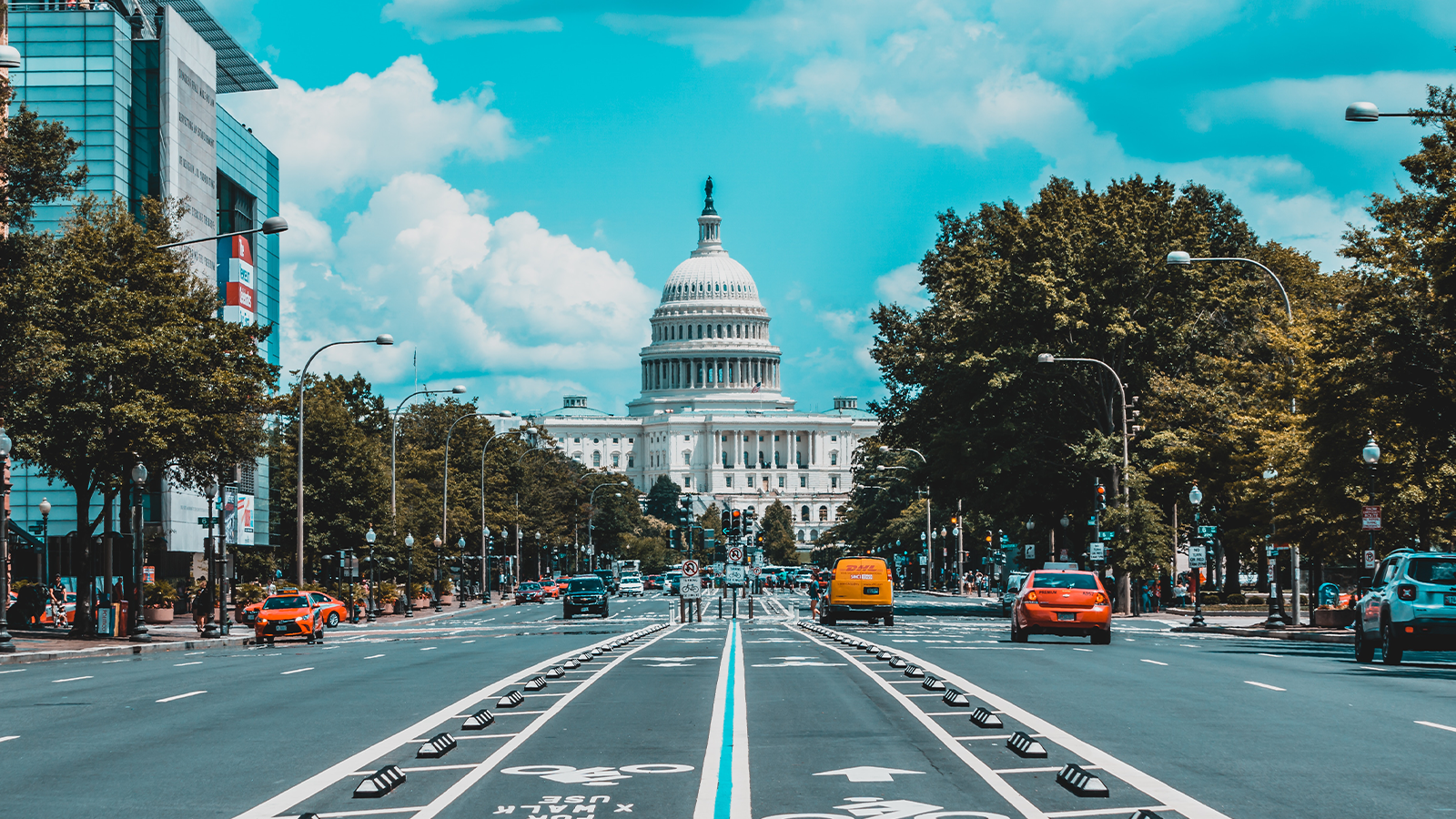GOP-Led House Committee Approves Spending Bill Blocking Cannabis Rescheduling
LOS ANGELES- A key Republican-led House committee has approved a large-scale spending bill that would block the Justice Department from rescheduling cannabis. Additionally, the bill amends a longstanding rider protecting medical cannabis states from federal interference by introducing enhanced penalties for sales near schools and parks. This decision comes as part of a broader legislative effort impacting cannabis regulations.
During a House Appropriations Committee hearing on Tuesday, the panel passed the legislation covering Commerce, Justice, Science, and Related Agencies (CJS) with these restrictive cannabis provisions attached. The bill prevents the Justice Department from using its funds to reschedule or deschedule cannabis, countering an active rulemaking process aimed at moving cannabis from Schedule I to Schedule III of the Controlled Substances Act (CSA).
Key Provisions of the Bill
Blocking Rescheduling Efforts: The bill explicitly prohibits the use of appropriated funds to alter cannabis’s status under the CSA. This move counters the Justice Department’s formal proposal to reschedule cannabis, initiated earlier this year.
Enhanced Penalties Near Schools and Parks: While maintaining protections for state medical cannabis programs, the bill adds new language permitting the Justice Department to enforce increased penalties for distributing cannabis within 1,000 feet of schools, playgrounds, colleges, and public housing units.
Defeated Amendments: A Democratic-led amendment by Rep. Rosa DeLauro (D-CT) aimed at removing these restrictive provisions was defeated in a 20-30 vote. Additionally, an amendment by Rep. Barbara Lee (D-CA) to extend protections to all state and tribal cannabis programs, including those allowing recreational use, was rejected.
Opposition and Support
Rep. Dave Joyce (R-OH), a co-chair of the Congressional Cannabis Caucus, was the sole GOP member to support Lee’s amendment. He emphasized the need for states to regulate cannabis independently, highlighting the current disparity between state and federal policies that has allowed illicit operators to flourish.
Rep. Matt Cartwright (D-PA), the ranking member on the CJS Appropriations Subcommittee, argued for aligning federal and state law enforcement efforts. He noted that the amendment would prioritize state rights and streamline regulatory frameworks.
However, Republican members, including CJS Appropriations Subcommittee Chairman Hal Rogers (R-KY) and Rep. Andy Harris (R-MD), opposed the amendment, citing concerns about federal enforcement capabilities and premature policy changes given the ongoing rescheduling process.
Historical Context and Future Implications
The longstanding rider preventing DOJ interference in state hemp research programs remains intact. The committee also directed the Forest Service and the Bureau of Land Management to collaborate with state, local, and tribal governments to address illegal cannabis operations on public lands.
While similar amendments to protect state and tribal cannabis programs have been pursued in past sessions, they have not been included in final legislative packages. The current bill’s provisions reflect ongoing tensions between federal and state cannabis regulations, highlighting the complex interplay of policy, enforcement, and market dynamics in the evolving cannabis industry.



































